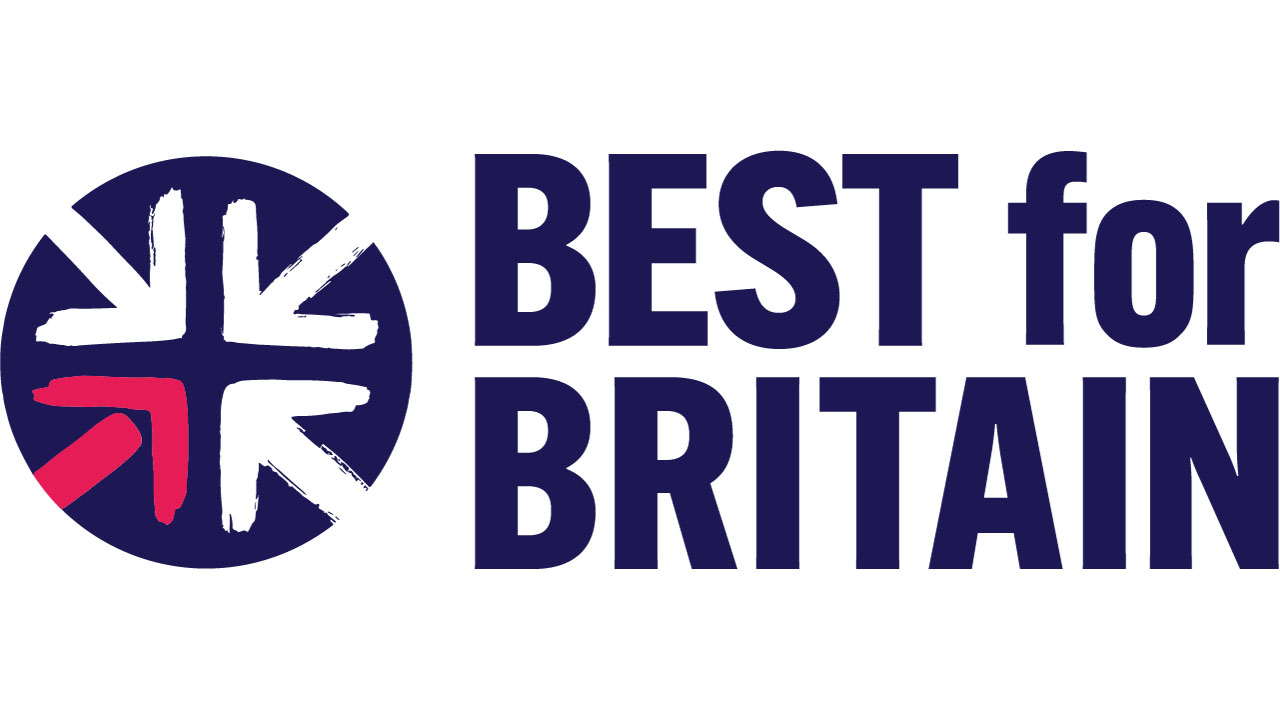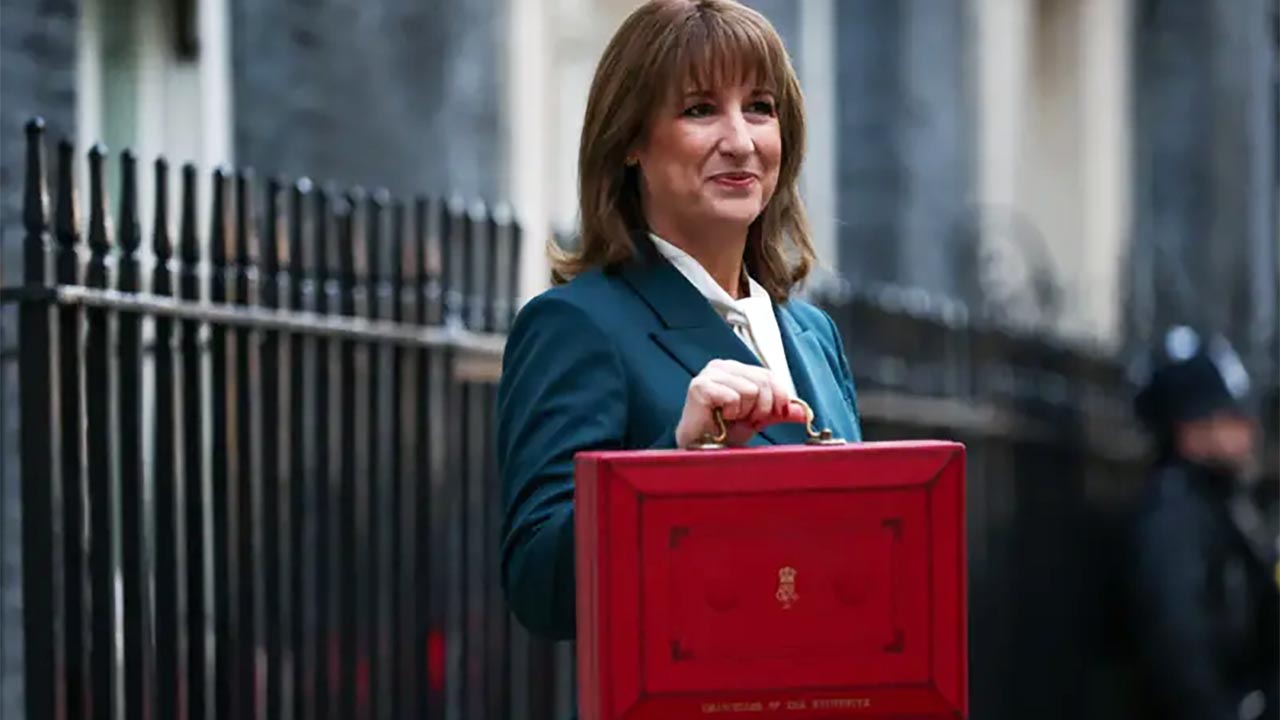The Ask.
Government needs urgently to hear from British businesses ahead of the summit between Keir Starmer and Ursula Von Der Leyen on 19th May. We would be grateful if you would consider writing privately to members of the Cabinet Office Committee on Europe in support of beneficial alignment on goods and services.
https://www.bestforbritain.org/growth_report
We suggest posting a physical letter. Below are some key findings from independent trade economist work that should be referenced but the addition of your own experiences as a business will make it more compelling.
We would also encourage you to couch the language in terms of ‘cutting the regulatory burden’, ‘cutting red tape in trade’ or ‘reducing trade costs with the EU’.
Postal address:
Members of the Cabinet Office Committee on Europe
1 Horse Guards Road
London SW1A 2HQ
Should you prefer to send individual correspondence to each member of the committee, we think their parliamentary addresses are most likely to get a response rather than their ministerial addresses:
[email protected] [email protected] [email protected] [email protected] [email protected] [email protected] [email protected] [email protected]
Background.
Both passive and active regulatory divergence from the European Union regulatory framework have added to the uncertainty faced by UK businesses, and hampered the UK’s ability to attract investment. The impact has been felt by all companies and employers in the UK, but most acutely by SMEs and sole traders, who employ 60% of the British workforce. Equally, it has been felt by the British public, who have been faced with higher inflation, lower growth, less money for public services, and falling living standards.
The Office for Budget Responsibility’s original prediction of a 4% reduction in long-term productivity as a consequence of the UK-EU Trade and Cooperation Agreement (TCA) has stood the test of time and scrutiny it received. Britain’s trade with the EU has significantly reduced under the TCA, and with non-EU trade failing to fill the gap, the UK has become a less trade intensive nation overall.
However, the first review of the TCA in 2026 offers a rare opportunity to deliver improvements to the UK’s trading relationship with the EU and significant progress towards the UK Government’s ambition to deliver the fastest economic growth of any G7 country.
In its role as Secretariat to the UK Trade and Business Commission, Best for Britain commissioned Frontier Economics to independently model the potential effects of improved trade with the EU on the UK economy, within the UK Government’s stated negotiating red lines of no return to the single market, customs union or freedom of movement.
Specifically, the econometric study assessed the effect of a comprehensive approach to mutual recognition provisions relating to Sanitary and Phytosanitary, Technical Barriers to Trade and Services measures contained in the TCA on UK GDP.
The modelling also considered the United States (US) levying tariffs on the UK and other trade partners. The modelling used a gravity model for trade, embedded in a broader economic model, belonging to a class of models sometimes described as New Quantitative Trade Models (NQTM).
The UK-EU Reset: Quantifying the opportunities for economic growth[1]
Deep alignment in goods could grow UK GDP by 1-1.5%, recovering up to, or more than, one third of the OBR’s estimated 4% reduction in UK GDP following the UK’s exit from the EU’s single market and customs union.
- Improved mutual recognition provisions relating to sanitary and phyto-sanitary measures (SPS) and technical barriers to trade (TBT) chapters of the TCA spreads growth across the nations and regions of the UK, with the Midlands, North East and Yorkshire seeing the largest gains.
- In monetary terms, the economic gains for both the UK and EU are roughly equal. The UK and EU can expect a boost in exports worth $21.8bn and $18.9bn respectively.
- A UK-EU SPS agreement alone has no statistically significant benefit to UK trade in aggregate. By contrast, combining improvements to mutual recognition in SPS provisions and in TBT produces export benefits to the UK agrifood sector.
Deep alignment in goods and services could grow UK GDP by 1.7-2.2%, recovering around half of the OBR’s estimated 4% reduction in UK GDP following the UK’s exit from the EU’s single market and customs union. ● Improved mutual recognition provisions as applied to the services chapters of the TCA as well as SPS and TBT chapters delivers the strongest economic results for both the UK and EU.
- In monetary terms, the economic benefits for both the UK and EU are again roughly equal. The UK and EU can expect a boost in exports worth $32.9bn and $29.7bn respectively.
- Deep alignment between the UK and EU offers around double the upper estimates of economic growth from a UK-US Free Trade Agreement, as calculated by the last government in 2019.
- In monetary terms, if the gains were used 1 for 1 to support fiscal spending, they could cover close to two years’ worth of desired increases to the NHS health and social care capital budget.
- The boost to the UK economy provided by a closer trading relationship with the EU could be 20 times larger than the combined effect of the post-Brexit trade deals signed with Australia and New Zealand, which are together expected to deliver a mere 0.1% over the next ten years.
- The effects would also dominate the reported £2 billion long-run gain in GDP from the UK’s accession to the CPTPP.
In the event of US tariffs, closer alignment between the UK and EU helps to offset their economic impact on both the UK and EU.
- Deep alignment in goods more than offsets the impact of US tariffs on the UK economy.
- Deep alignment in goods and services reduces the impact of US tariffs on the EU economy by around a third.








